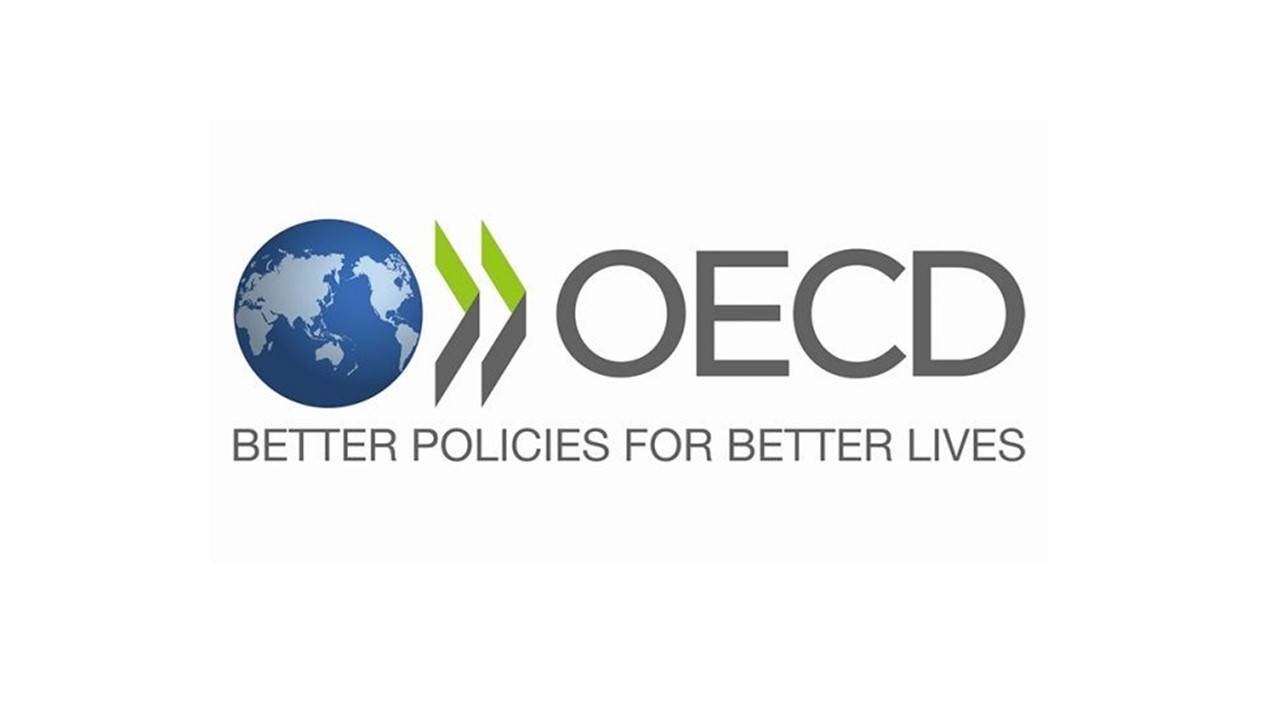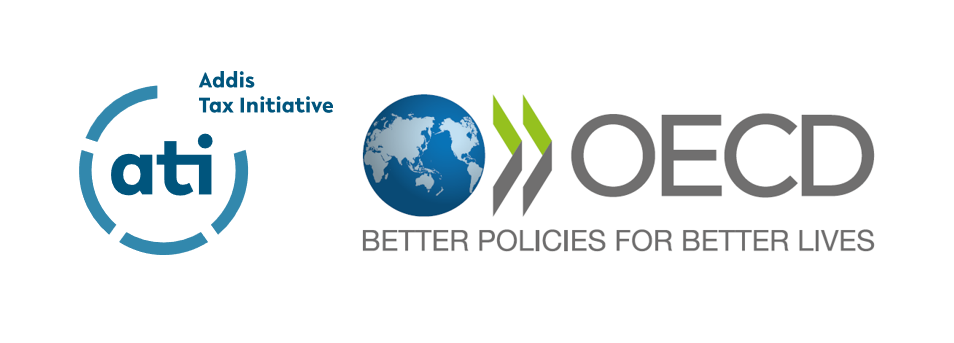
Organisation for Economic Co-operation and Development
The Organisation for Economic Co-operation and Development (OECD) endorses the ATI objectives of the Addis Tax Initiative and has joined the Addis Tax Initiative as ATI supporting organisation. The OECD’s priorities on domestic revenue mobilisation (DRM) involve supporting the development of international tax standards and their implementation in developing countries. It has a number of initiatives that aim to address different aspects of improving DRM in partner countries, and foster a more effective, coherent and fair international tax system.
The OECDs approach is to increase the inclusion and voice of developing countries in the OECD forums on tax, to expand the availability and relevance of OECD guidance, data, and training on tax to developing countries, to provide country level capacity building in response to demand, and in line with OECD expertise, and through all of these areas to develop string partnerships to improve the effectiveness and efficiency of all interventions.
The Global Forum on Transparency and Exchange of Information, which marked its 10-year anniversary in 2019, is supporting developing countries implementing and benefiting from tax transparency standards. Tax transparency and exchange of information are key elements in a domestic resource mobilisation strategy. The Global Forum’s capacity building activities are aimed at ensuring tax transparency in the partner countries. They support the implementation of the legal and operational framework needed to ensure that ownership information (including beneficial ownership) on legal entities and arrangements and accounting and information are available and accessible to the tax authorities. In addition, the standard of automatic exchange of financial account information strengthens the transparency on the account holders and their financial assets. It is worth mentioning that the implementation of both standards reinforces the anti-money laundering framework of the partner countries, in particular with respect to the transparency of beneficial ownership information.
In 2013, the OECD launched the G20-mandated Base Erosion and Profit Shifting (BEPS) Project. The OECD/G20 BEPS Project aims to ensure that international tax rules don’t facilitate shifting corporate profits away from where the real economic activity and value creation takes place. This involves improving the transparency and accountability of the international tax system and the coherence of its rules. Today, over 120 countries and jurisdictions, accounting for over 90% of the world’s GDP, work on an equal footing through the Inclusive Framework to develop tools and approaches for combatting tax avoidance.
The OECD Center for Tax Policy and Administration (CTPA) is the organisation's knowledge hub on tax and development issues, focusing on issues such as international rules and standards, tax barriers to trade and investment and addressing tax evasion and avoidance.
The Tax Inspectors Without Borders (TIWB) initiative was launched alongside the ATI in 2015 during the Third Financing for Development conference in Addis Ababa as a joint project between the OECD and the United Nations Development Programme (UNDP). It leverages the particular strengths of each organisation – the OECD’s tax expertise and UNDP’s on the ground presence in developing countries – to support countries in building their tax audit capacity. The TIWB initiative facilitates the transfer of tax audit knowledge and skills to developing country tax administrations using a practical, "learning by doing" approach. Experienced tax auditors work on current tax audits and international tax issues alongside local tax officials in assistance-requesting countries under a TIWB programme whereby they share their expertise and skills.
The OECD’s International Academy for Tax Crime Investigation provides in-depth, practical training on financial crime investigation and has trained over 600 investigators from more than 80 countries in 2018.It helps countries deter, detect, investigate, prosecute, and recover the proceeds of financial crimes, by developing the skills of criminal investigators through intensive training courses on the latest investigative techniques and emerging risks.
The Platform for Collaboration on Tax (PCT) — a joint initiative launched by the OECD, International Monetary Fund (IMF), United Nations (UN) and the World Bank Group (WBG) — hosts regular discussions on the design and implementation of standards for international tax matters, strengthens capacity building, delivers jointly developed guidance and provides a venue where partners can share information on their activities. The Platform for Collaboration on Tax is producing practical toolkits to enhance developing countries’ mobilisation of domestic resources and promote their influence in the design of international tax rules.


